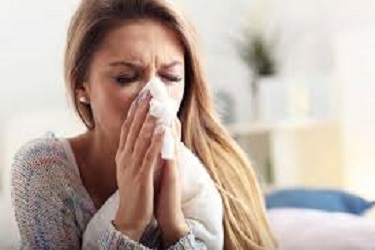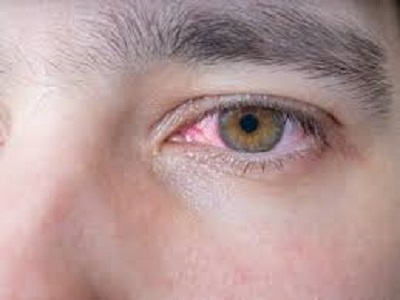
It’s getting warmer outside, there’s a change in the air, and chances are you’re showing some spring fever symptoms. Did you know that there is biological proof that such physical symptoms really do exist?
According to some source, human beings experience a real energy surge in spring due to an increase in sunlight. Apparently, the change in daylight triggers a change in the amounts of hormones our brains produce, including an altered amount of melatonin, which is a hormone that influences sleep cycles as well as mood changes.
Here are some of the common symptoms of Spring Fever
- The sudden urge to go jogging or walking outdoors. Maybe it’s that extra dose of vitamin Dfrom all that springtime sunshine that gives us the energy to run a mile after work. Or maybe it’s because body image becomes important and to the top of our minds in the Springs. Whatever the reason, the random urge you’re feeling to go for a walk during your lunch break is real.
- You are starting to eat lighter. Craving fresh salads and farmer’s market fruit? That’s a sure sign of spring fever. We can thank our past generations for that part of our internal clock, as our ancestors used to experience a period of famine during the winter months. To plan for it, they would eat heavier foods and go into a type of hibernation. It has been found that people typically eat fewer fruits and vegetables in the winter, as fewer are in season than in the spring and summer months. And in the warmer months, we tend to eat lighter foods with more vitamins and proteins.
- You find yourself sleeping less. In spring, you may find it harder to go to sleep at your usual time. This isn’t just attributed to daylight saving time. The additional sunlight tells our bodies to produce less melatonin, a main ingredient in putting your brain in sleep mode.
Lastly and Best of All, You Seem to SMILE more in the Spring. You’re happier, and you find yourself smiling, whistling, being nicer than usual. for no reason. These are all symptoms of spring fever
Apparently, this is due to a chemical change, according to a 2008 study which found an increase in serotonin during the transition to spring. Serotonin affects our mood, which may account for a sudden lust for life in the Springtime.
We at On Call Medical Clinic hope everyone is enjoying the wonderful spring weather we are having now. Remember with the change of weather unexpected colds and allergies can creep up on you. We are here for you 7 days a week when you have those minor illnesses and accidents occur. Please visit our website at www.oncallclinic.com to learn more about all the services we over.








